1) Explain what digital marketing is?
Digital marketing is the brand marketing tactic through the internet. It includes various techniques like SEO, SEM, and link building.
2) How can you categorize digital marketing?
Digital marketing/communication is categorized into two segments Inbound Marketing: This technique takes the help of social media, and digital content in ebooks, webinars, or e-newsletters to increase the number of clicks on links and learn more about a company and its services. Outbound Marketing: This segment includes placing ads, cold calls, e-mails, or reaches out to potential customers through digital mediums
3) Explain what is SEO?
Search Engine Optimization widely known as SEO is the process of improving the structure, content, and organization of your site so that the Search engines can index them correctly. It also involves doing promotional activities to boost your search engine rank.
4) Explain what is a keyword in digital marketing? How important is it from the point of SEO?
“Keyword” in digital marketing is the word that a user or person enters into a search engine to find specific information. From an SEO point of view, for better page ranking keywords are very crucial. How and where you have used the keywords will reflect your site ranking.
5) Mention what are the key areas where you can use keywords to optimize the site ranking?
For better page ranking, you must use the keywords in the following areas Keyword in the Website URL Keyword in the Website Title Keyword in Meta tag Keyword in Web page content Keyword density in body text Keywords in Headlines
6) Explain what PPC or Pay Per Click advertising is?
Pay Per Click also known as Cost Per Click is a technique used to direct traffic to websites. In this technique, advertisers pay the publisher ( website owner or host of the website) when the ad is clicked. In other words, it is the amount spent to get an advertisement clicked.
7) Mention what are the primary models for determining Pay-Per-Click?
The primary models for determining Pay-Per-Click are Flat rate PPC: In this type of model, both publisher and advertiser agree to a fixed amount that will be paid for each click. In most cases, the publisher has a rate card for PPC plans based on different areas of their website or network. The amount varies as per the content that generally attracts more or fewer people.
In this type of model, the advertiser competes with other advertisers in a private auction hosted by a publisher. The advertiser will inform the publisher of the maximum amount of bid he is willing to pay.
8) Explain what Google Adwords is?
Google Adwords is the single most popular PPC advertising system in the world. It works on Pay per click model. The AdWords platform enables the business to create ads that appear on the Google search engine and their other properties.
9) Mention what an effective PPC keyword should be like?
An effective PPC keyword should be Relevant: List out the targeted keywords Exhaustive: Apart from most popular keywords it should include the “long tail of search” Expansive: PPC is iterative, therefore the keyword list should be constantly growing and adapting
10) Mention what are the key elements to optimize the conversion rates per PPC?
The conversion rate is nothing but to bring more visitors to your site. To increase the conversion rates you have to focus on the following things Write compelling content on your site that is relevant to the keyword or search query Maintain a high degree of relevance between your ads and corresponding landing pages The webpage should have an easy registration process, signing up for a newsletter or making a purchase Check design of your landing page which should have the right combination of color, layout and GUI to attract more customers.
11) What should be the approach for effective Pay Per Click campaigns?
For effective Pay Per Click campaign, you need to do the following things Add more PPC keywords: By adding more keywords that are relevant to your business, you can expand the reach of your pay-per click Split Ad groups: By splitting up your ad groups into smaller and more relevant ad groups, you can improve click-through-rate (CTR) Review costly PPC Keywords: Review expensive and underperforming keywords Refine landing page: To align with individual search queries modify the content and call-to-action of your landing page Add negative keywords: To improve campaign relevancy and reduce wasted spend, add non-converting terms /negative keywords. ( When searching with that keyword, it will not show your website/content)
12) List some of the useful online marketing tools?
Some of the useful online marketing tools are Google Analytics Digital point keyword tracker Crazy egg heat maps Keyword Discovery StumbleUpon XML Sitemap Generator Favicon Generator SubmitExpress Link Popularity.
13) Explain what is on-page and off-page optimization?
Off-page optimization: It is the process of boosting your search engine ranking by getting external links pointing back to it On-page optimization: On-page optimization directly deals with the content and structure of the website.
14) What one should do to avoid the penalty?
Do not link to any other site with a bad page rank Avoid Poison words, for example, the word “link”, when you hypertext this text to give the link to your site it becomes poison words Avoid stealing text or images from other domains Avoid redirecting users to another page through refresh meta-tags – don’t immediately send user or visitors to another page even before he or she clicked on the web page link
15) Mention what are the characteristics of “bad links”?
The characteristics of “bad links” are links from sites that are unrelated to your site's Links from low Page Rank and Low traffic Links from link exchanges Links from those sites that are not in Google index Paid links Link from the same anchor texts coming from multiple sites Spammy links from blogs or articles.

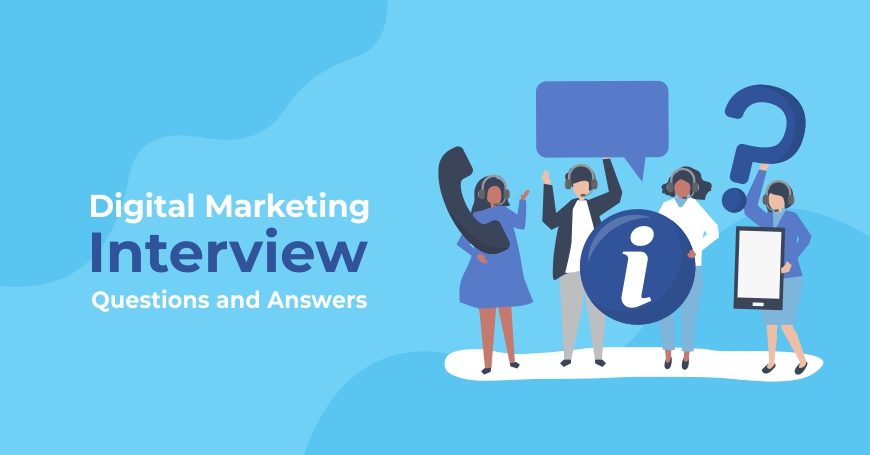



.png)
_(1).jpg)
_(2).jpg)
.jpg)

_(1).jpg)

.jpg)
.jpg)
.jpg)
.jpg)
.jpg)


.jpg)
_(1).jpg)
.jpg)
.jpg)


_(1).png)

.png)
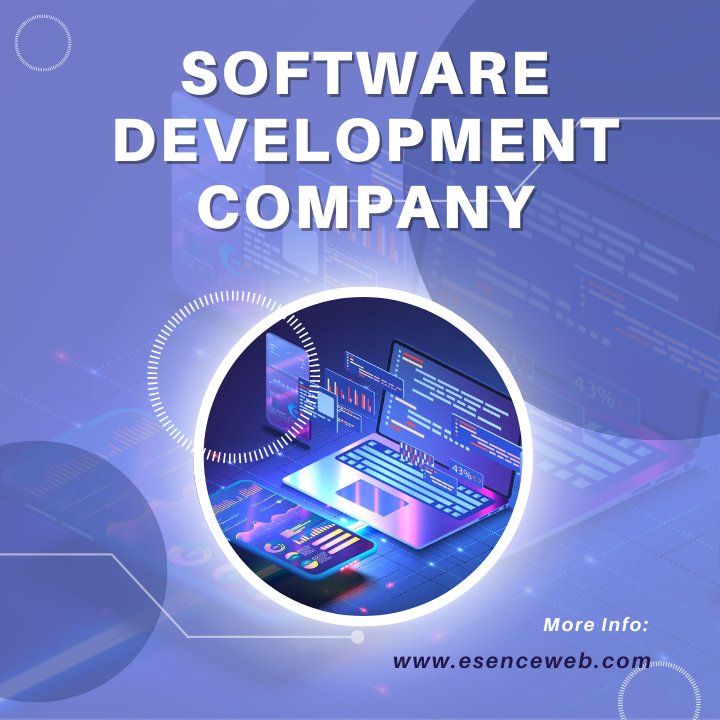
1.png)
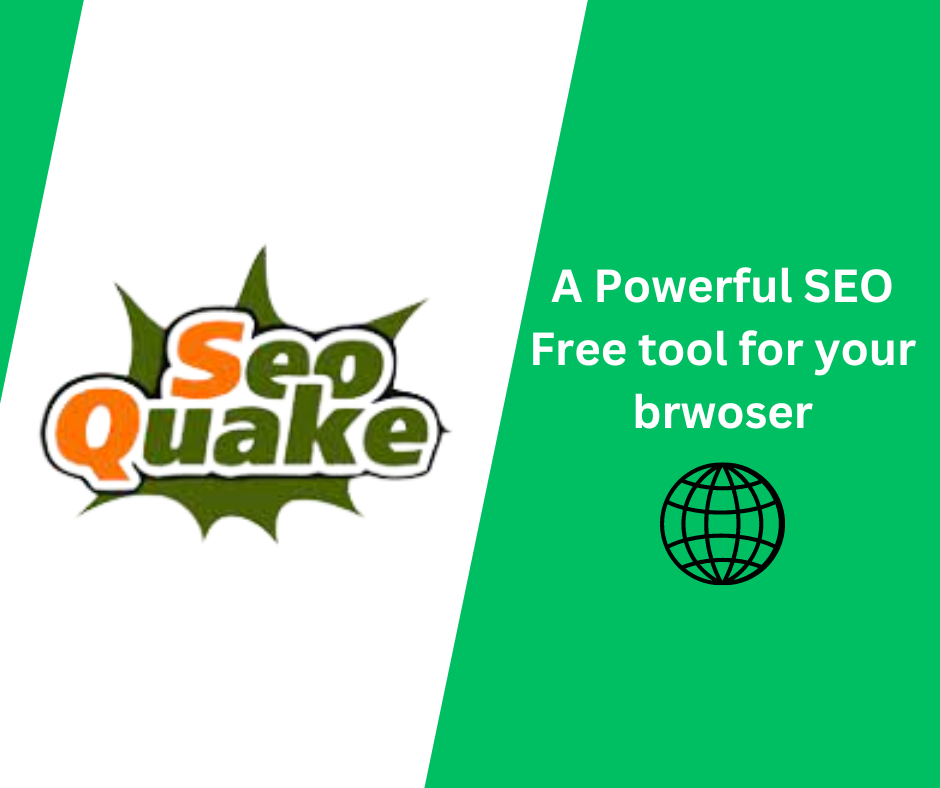
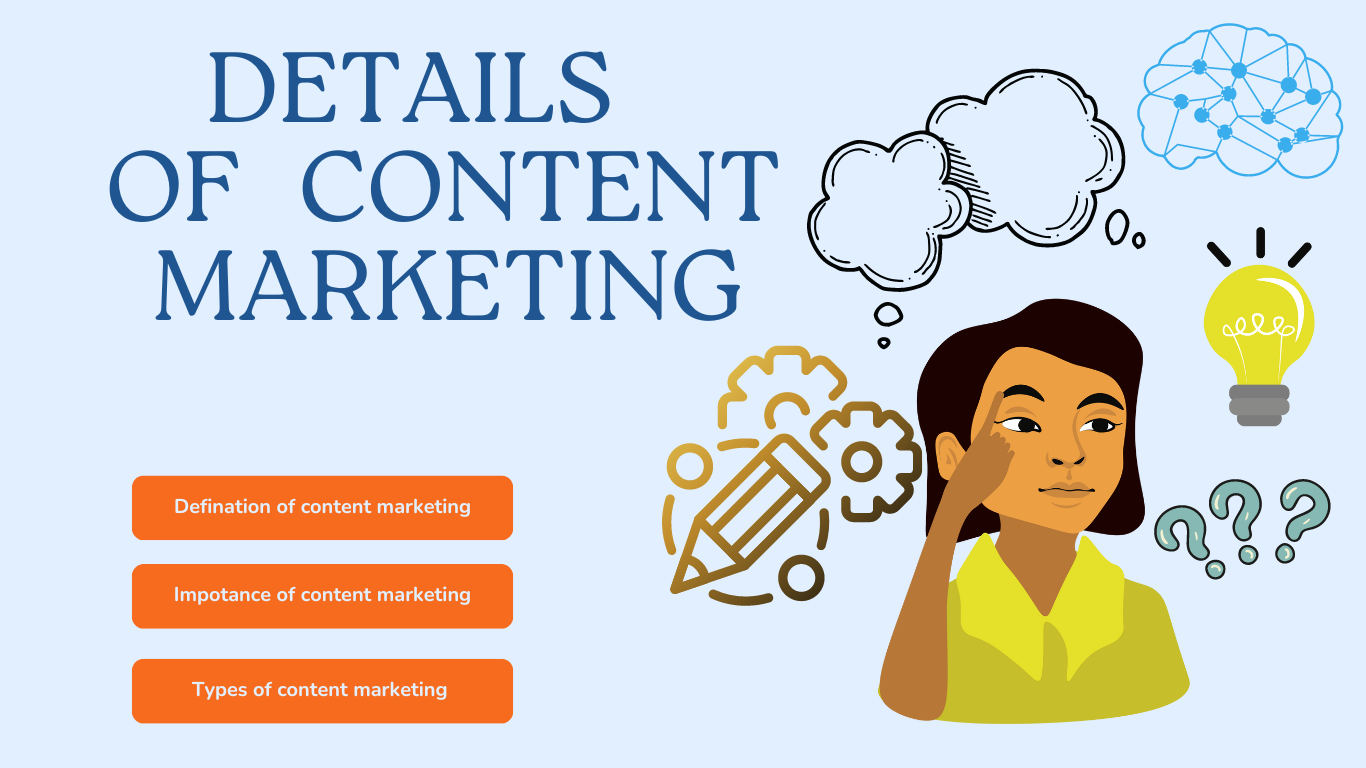
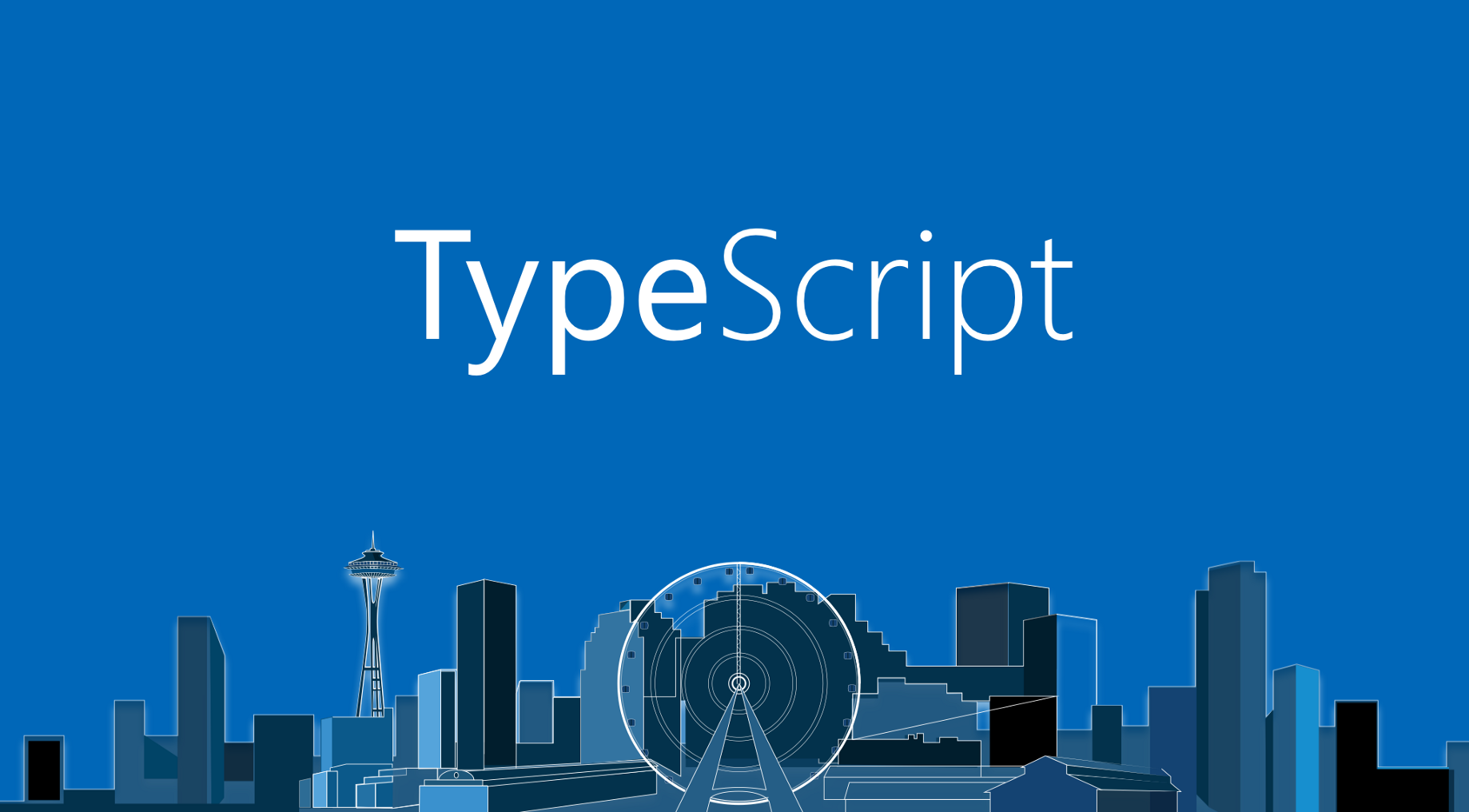
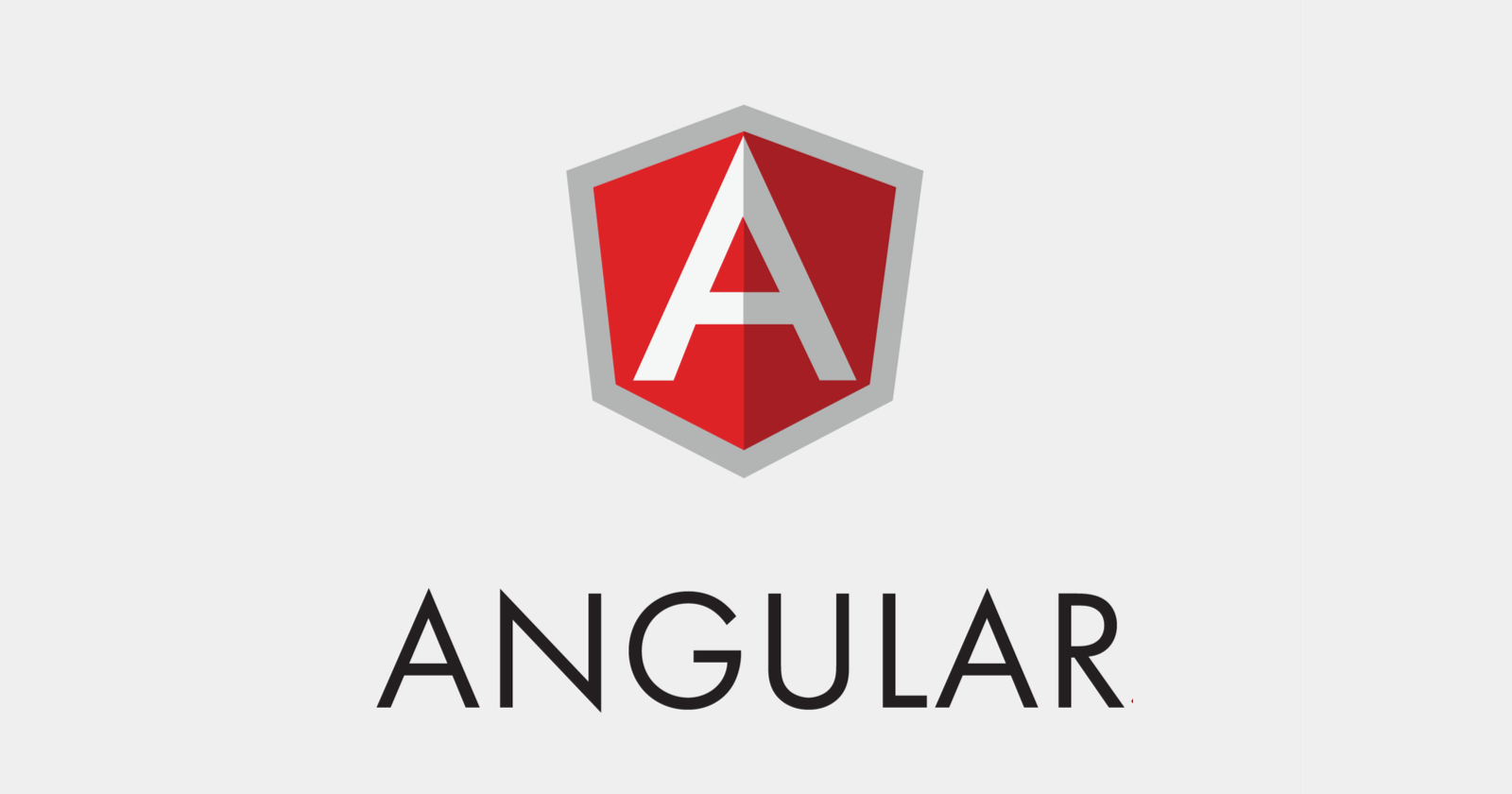
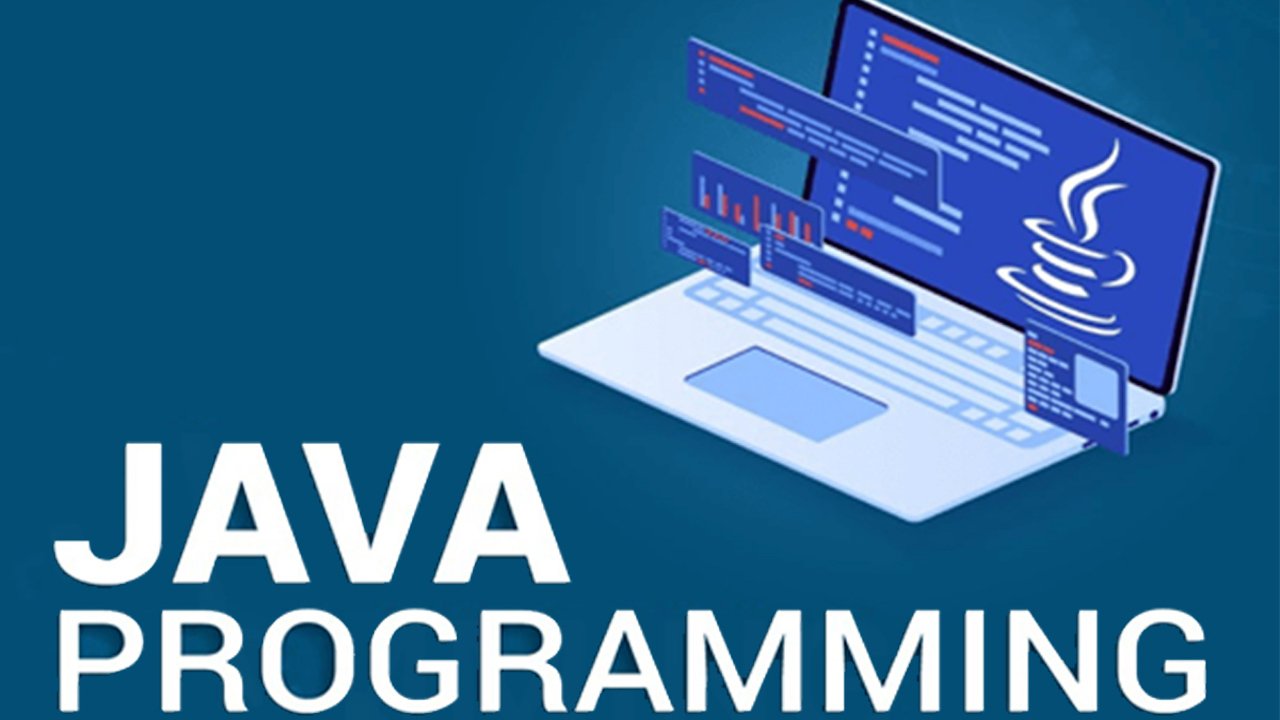
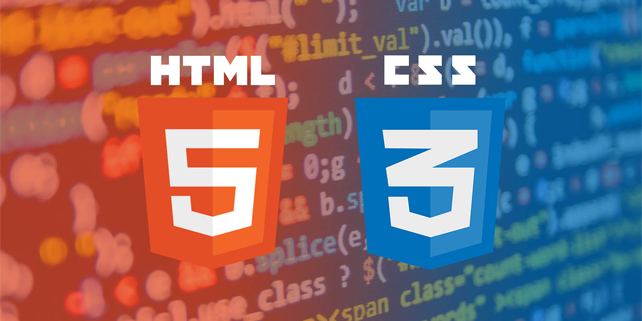

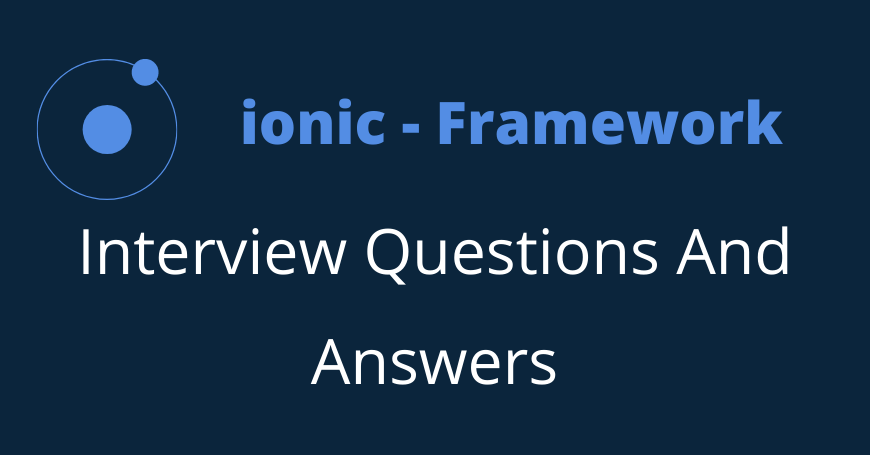


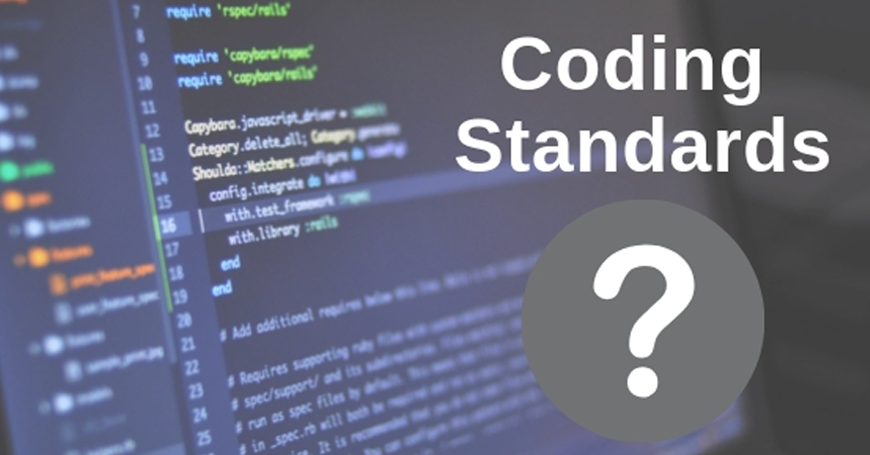
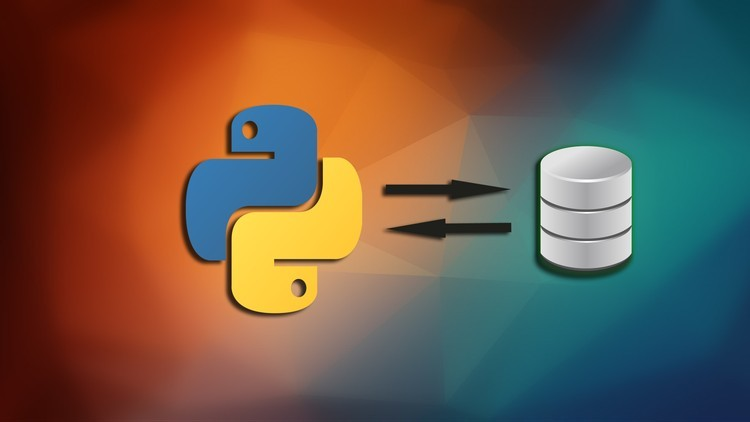
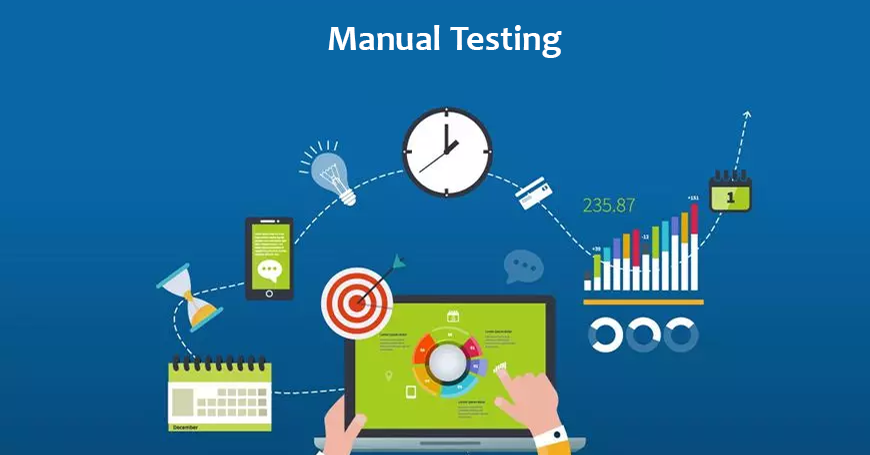

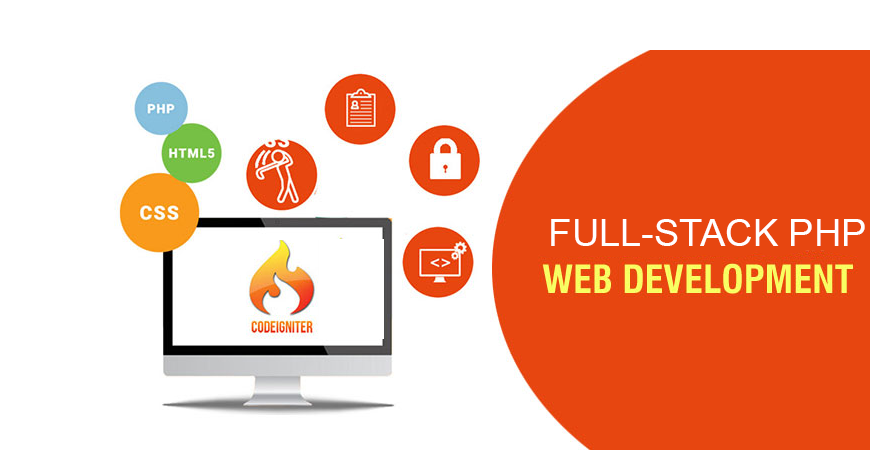
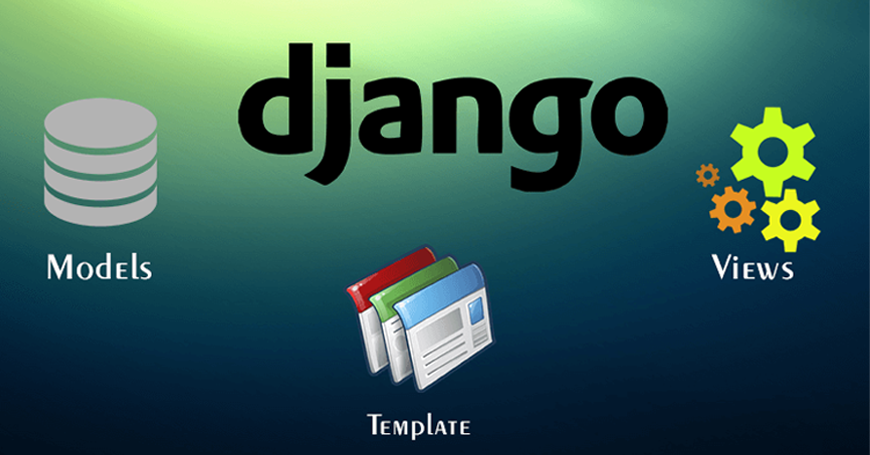
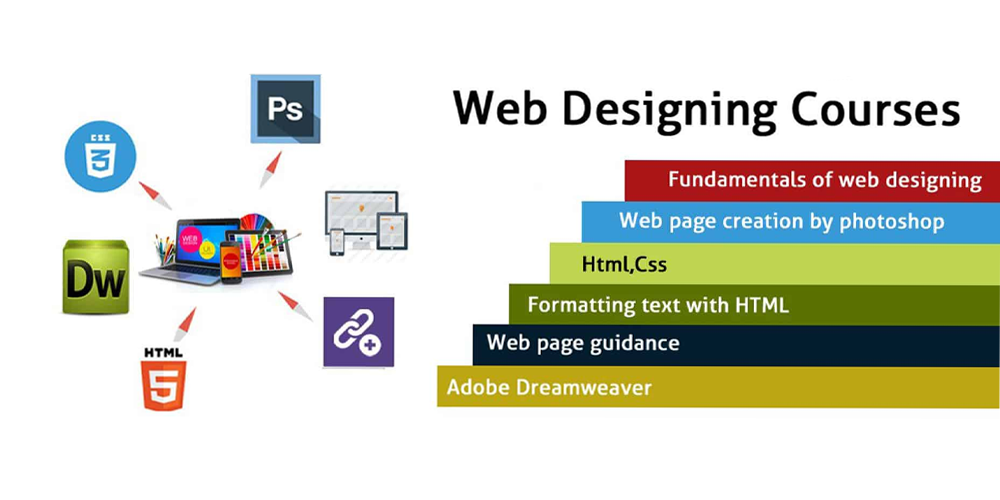
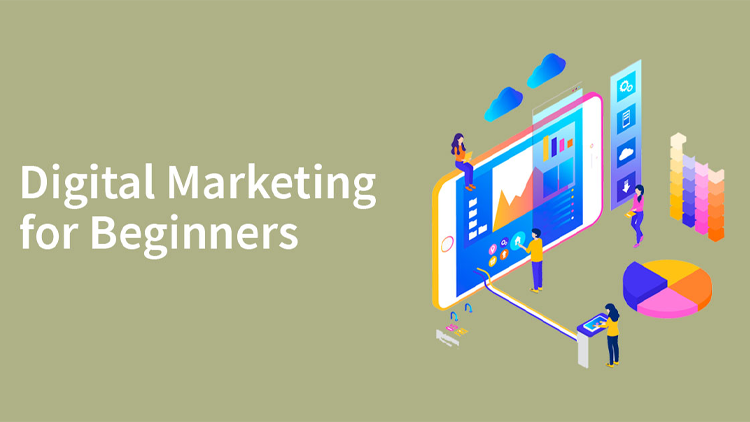
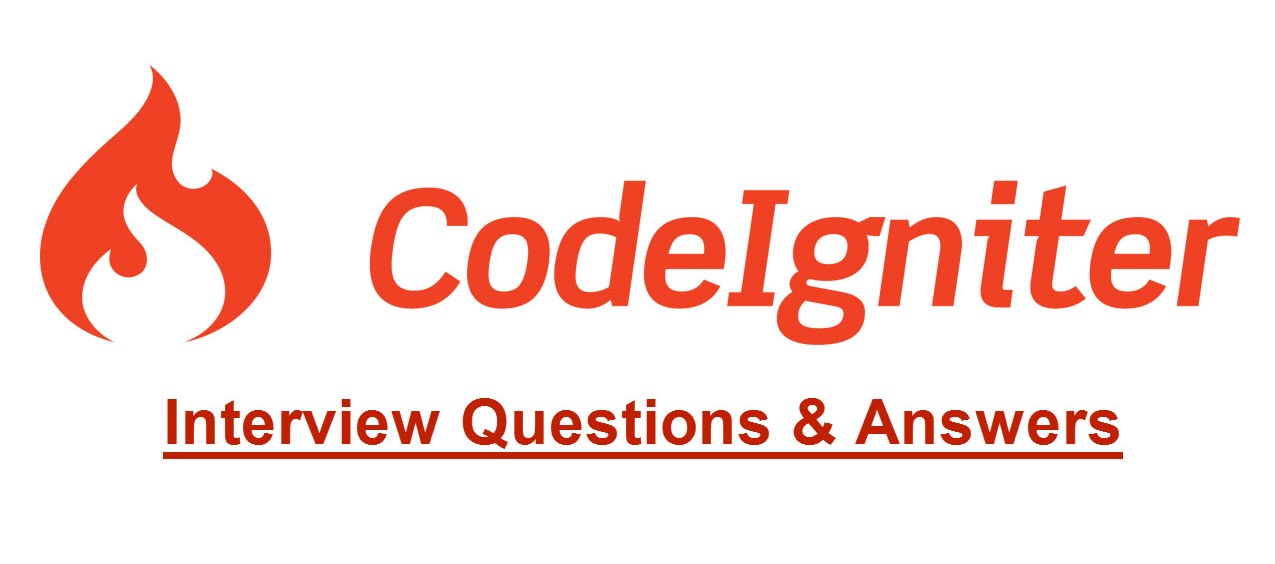
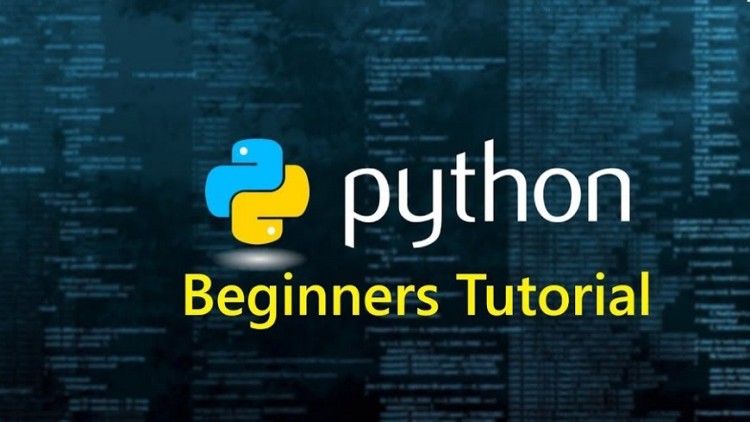
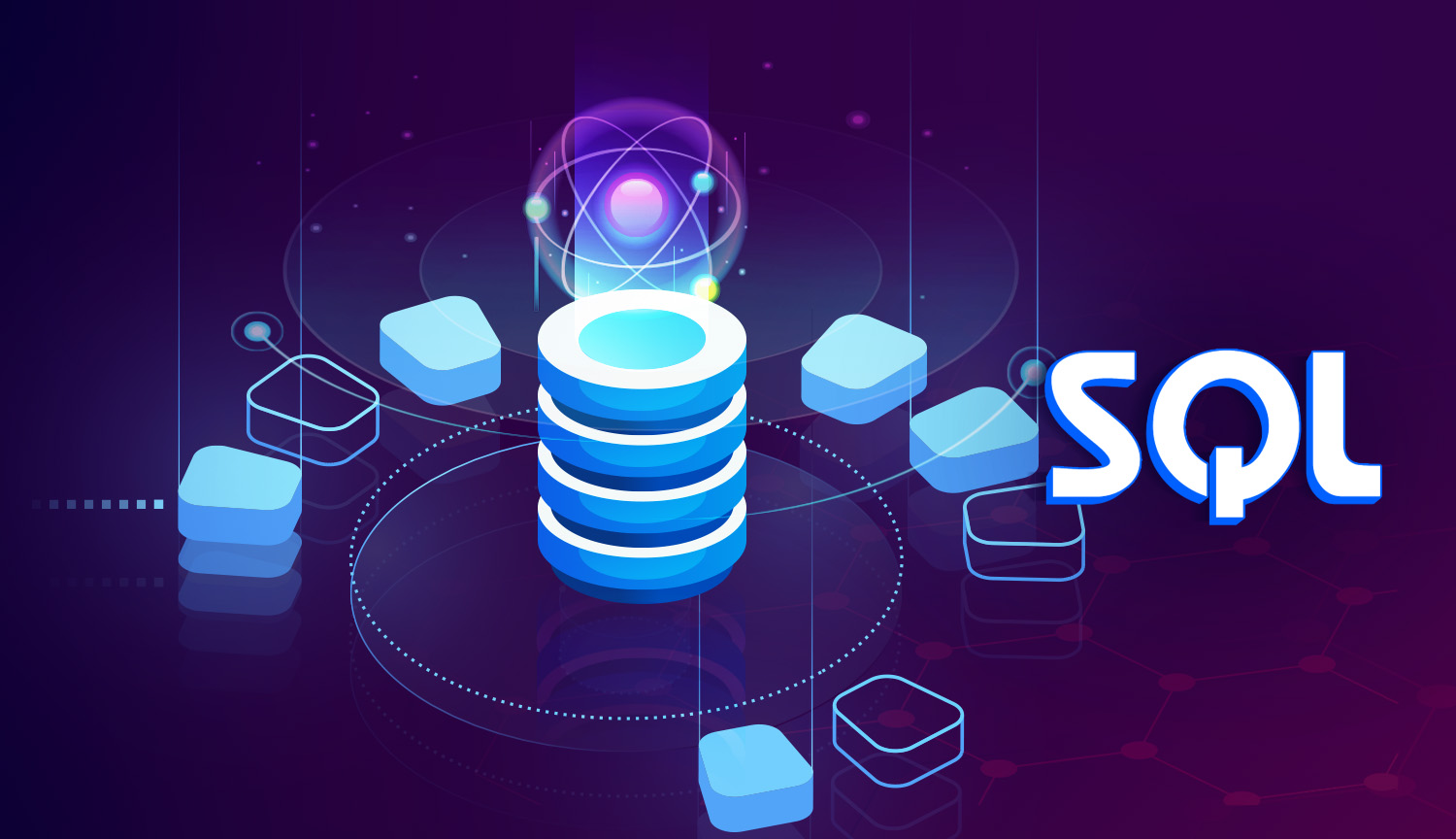
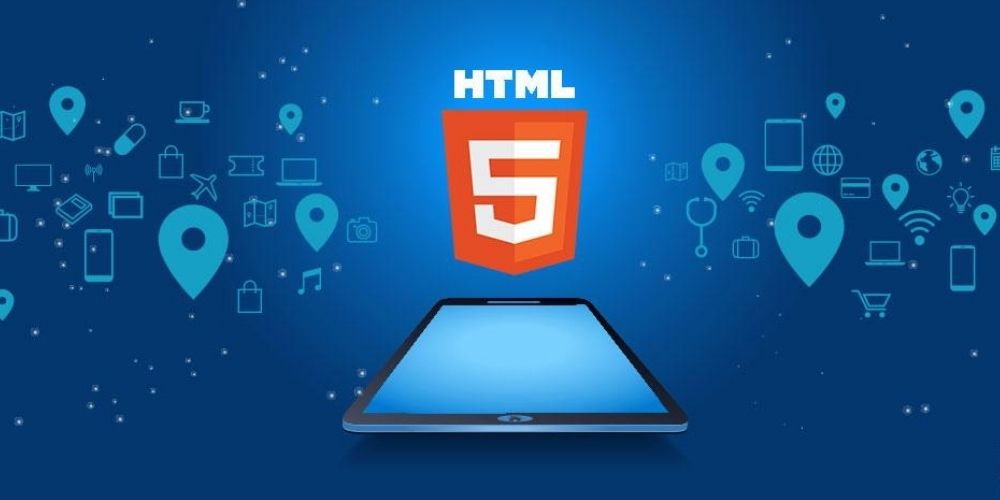
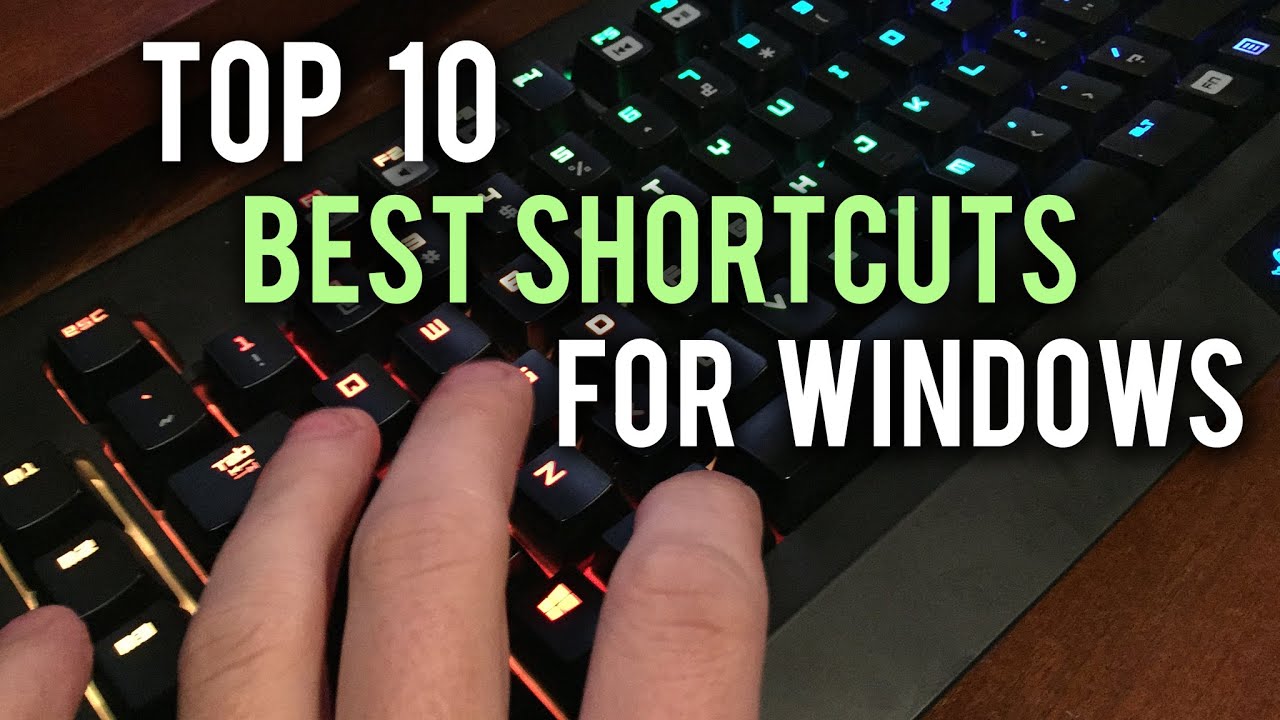
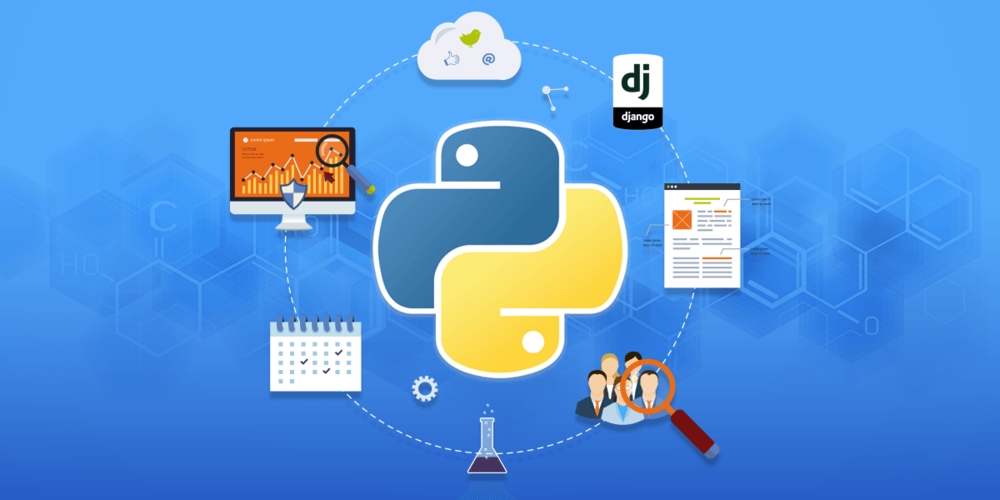
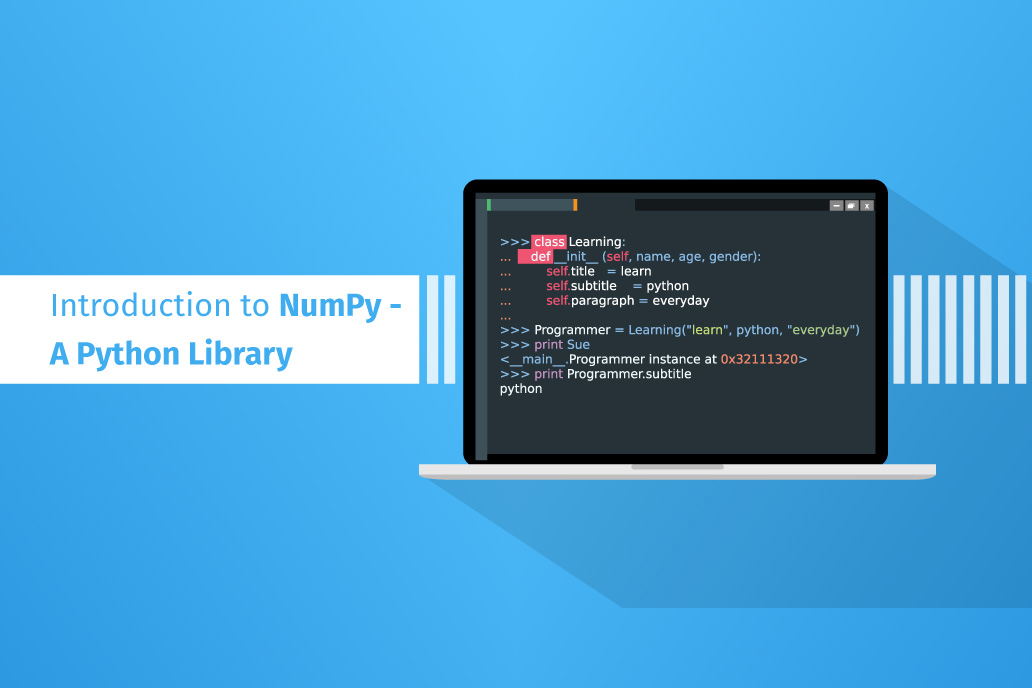
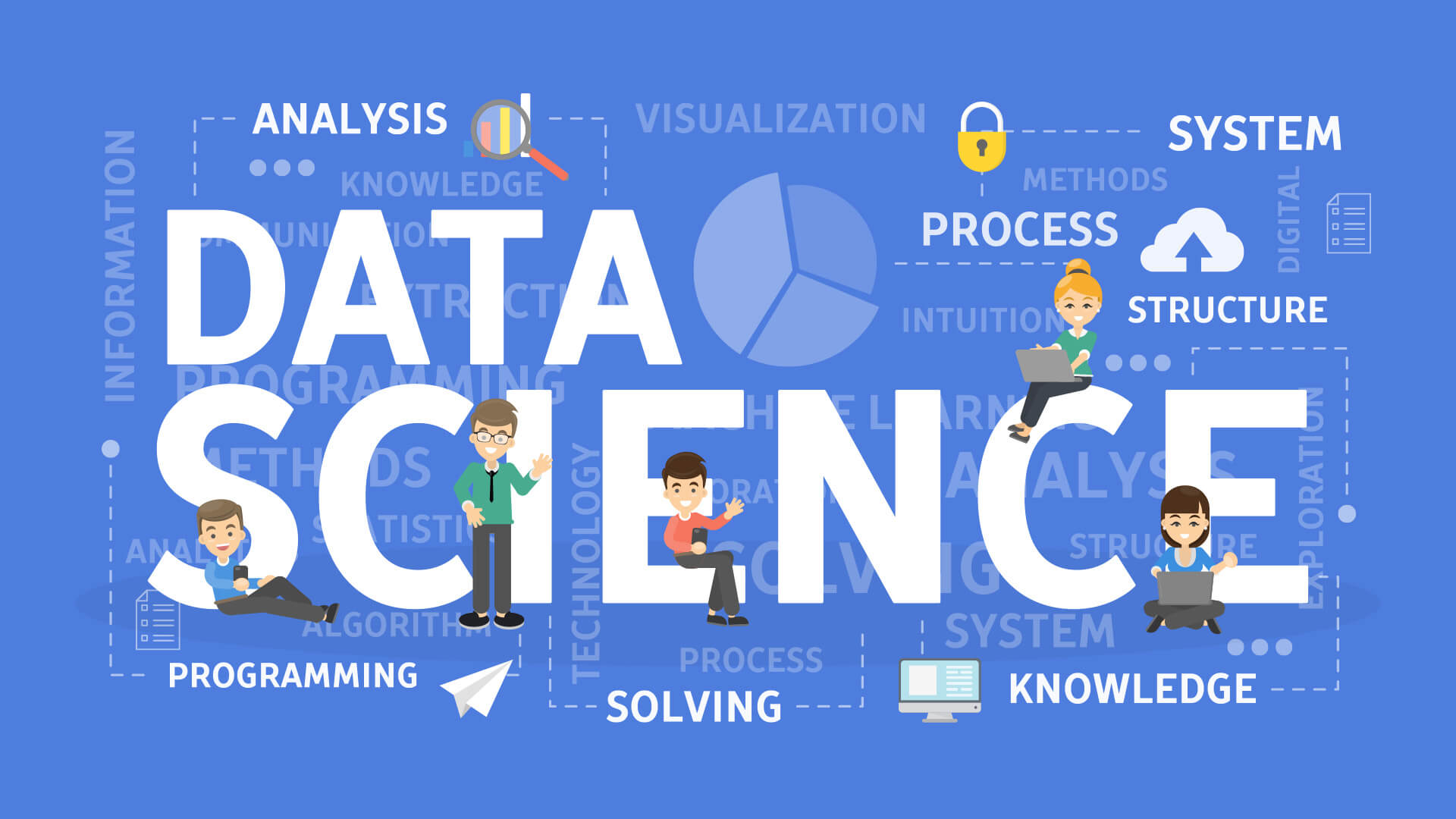

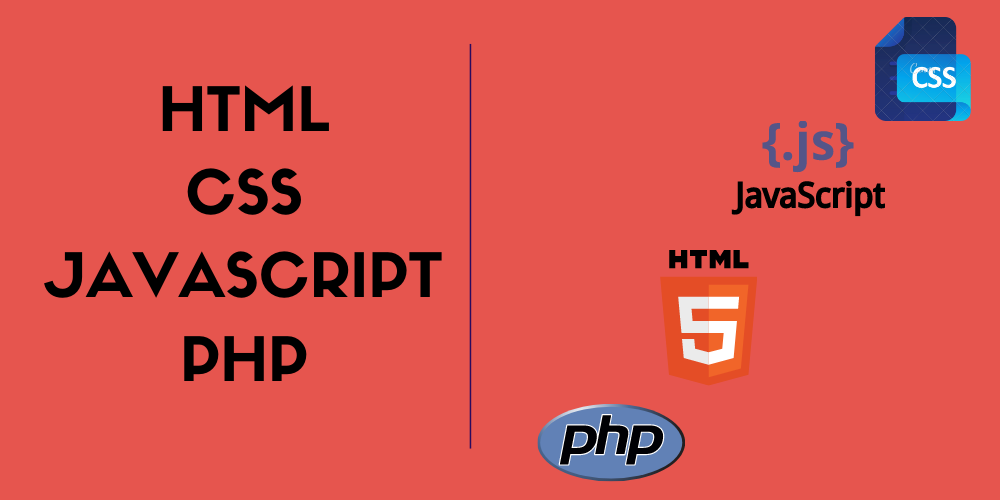
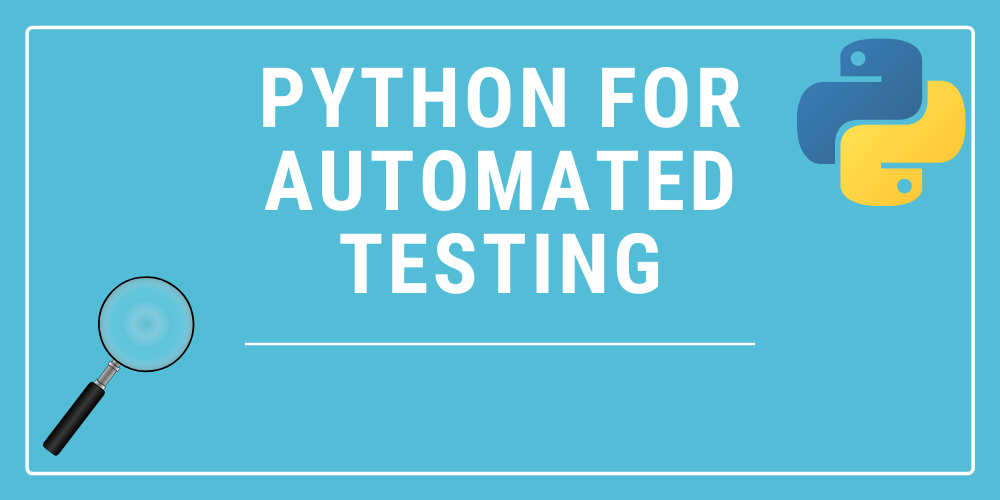


4.png)
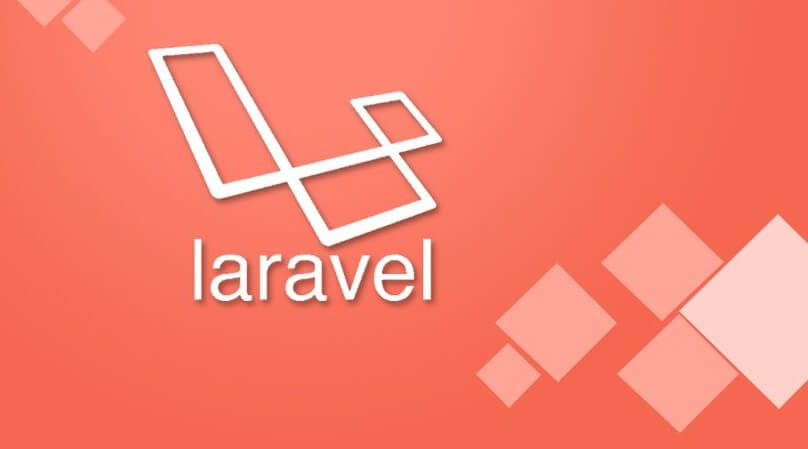
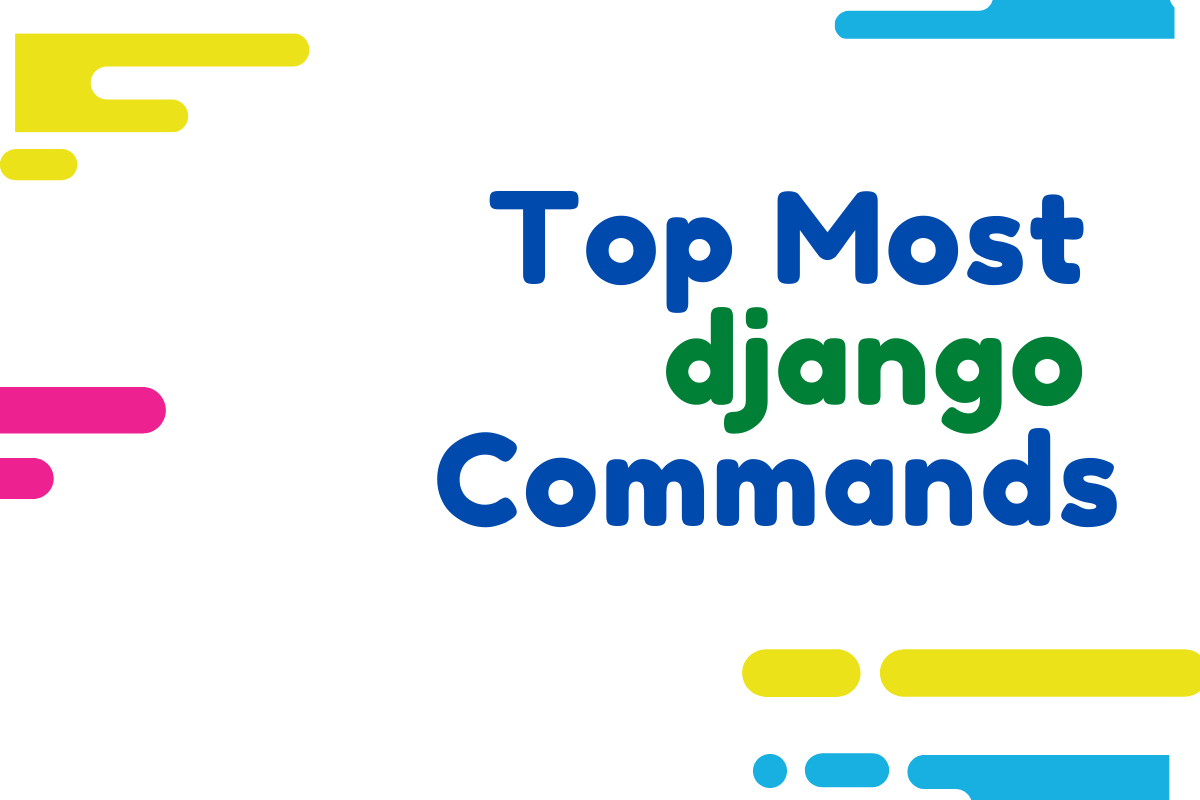
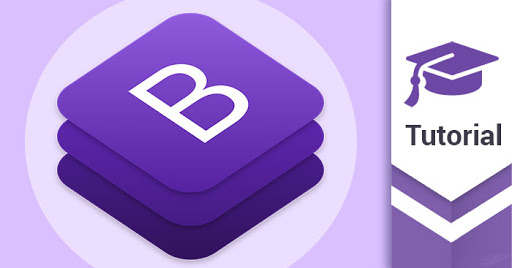
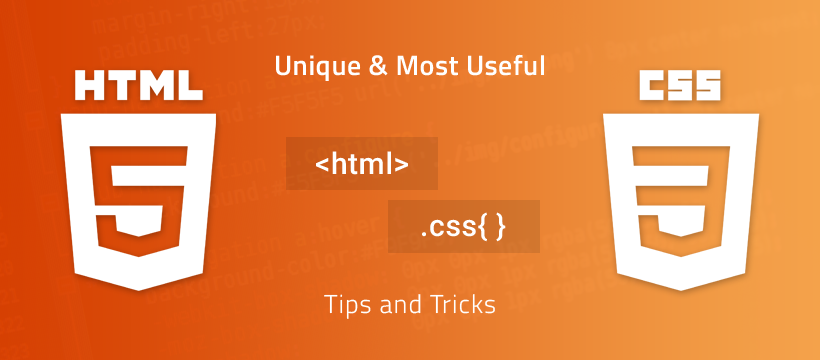


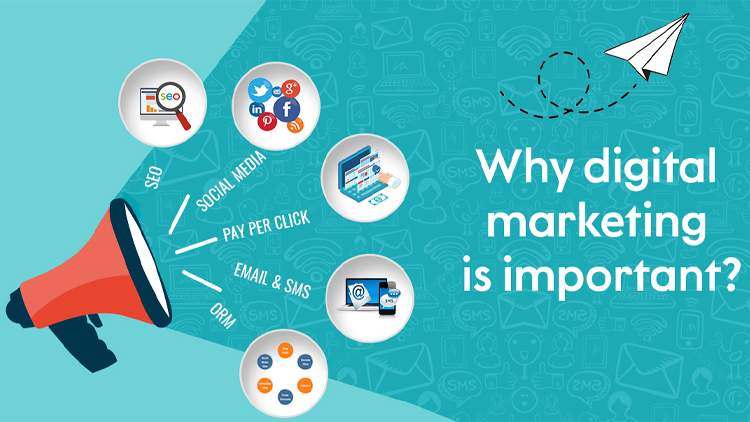

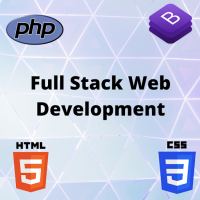
0 Replies to “Digital Marketing Interview Question And Answer For Freshers”
Leave a Reply
Your email address will not be published.